Hello and welcome to a new interview on the Themeisle blog! This month, our guest is David Artiss – support lead at WordPress VIP. He will share with us his insights on leadership, customers, WordPress, and also some of his personal views.
Before introducing our interviewee, make sure to read our previous discussion with Per Esbensen – the CEO of Codeable. Also, feel free to check out our full collection of interviews anytime you’re looking for inspiration from awesome web professionals.

David Artiss is a seasoned web developer, with close to 30 years of experience.
When he’s not busy building things himself (e.g. he coded over 30 WordPress plugins, primarily for his personal needs), he offers his expertise in the technical field, by helping his support team and WordPress enterprise customers.
In his spare time, he doesn’t seem to ever get bored because he has plenty of hobbies. You will often find him contributing to WordPress, writing, performing in amateur theater, and playing online games.
In this interview, David tells us his take on success, how he helps his team grow professionally, insights into getting feedback from customers, and why being active in the community is a must.
David Artiss interview
When and how did you start working with WordPress? Is there an interesting story here?
David Artiss:
I worked for nearly 30 years in IT, initially, as a mainframe developer and then, for most of this time, performing development and support for a retailer’s Point of Sale system. Basically, as far away from WordPress as you can imagine.
In the early 2000s, I used to compile an email for work colleagues of Sci-Fi and fantasy news (yes, I’m very much the stereotypical geek). One of the recipients had his own web server and showed me how to export my content as HTML and FTP to that, rather than use email.
But, for me, that wasn’t enough, so I learnt HTML and CSS to make it better, eventually teaching myself PHP as well. I got my own web hosting and started hand coding some personal websites. I first came across WordPress around 2009.
Because I couldn’t find plugins for everything that I needed, I soon turned my existing programming skills into writing them myself. Code Embed was my first plugin and I went on to write many more (some have been retired over the years, but I’m guessing it must be over 30).
How do you define “being successful”?
David Artiss:
Being successful is not, in my opinion, wealth or title, but is whatever way you find contentment in life. You may not be happy, in the traditional sense, but success, to me, is living the best that we’re able to.
Describe the WordPress community in one word.
David Artiss:
Welcoming.
Going to my first WordCamp was one of the best things I did, and I’ve found everyone to be incredibly warm and friendly (okay, there was that one person who wasn’t happy that I worked for Automattic and wanted to “blame me” personally for Gutenberg).
I’ve got involved with quite a few aspects of the community too – support, wp.tv, documentation, translation, and core – and have found every team to be incredibly friendly and supportive.
What’s the no. 1 thing a new business entering the WordPress space should do?
David Artiss:
Get involved with the WordPress community and commit to the Five for the Future initiative to give back to WordPress what it gives to you as a business.
And it doesn’t have to mean doing anything with code – just being able to write documentation, translate a language or edit a video is all it takes to take part.
And, you can learn so much from that contribution aspect too.
What’s your favorite/must-have WordPress plugin and why?
David Artiss:
Two Factor. Adding two-factor authentication is probably the best thing you can do for site security and this is a great solution.
Security on WordPress is a much-discussed topic, but it doesn’t have to be complex – for example, I steer away from the “all in one” security plugins and stick to a number of simple plugins as well as a robust process (enforcing 2FA for all site users, for example).
How do you help your support team become growth experts?
David Artiss:
Talk to them. As well as asking, in advance, of their short, medium and long-term goals, you can pick up on opportunities just through discussion with them, even when they’ve not specifically vocalised anything.
Understand their passion and drive. Find out what’s working well for them and what’s not, and make sure they feel comfortable talking about the latter and bringing this to you.
When developmental growth has not been recognised, it can lead to people being unhappy in their role. Although it would have been ideal to have caught this earlier, it’s not late – finding changes within their role, or an opportunity to move to a new one can revitalise an individual.
And when opportunities are identified it’s also important to do what you can to help. From recommendations of things that they can do (a course, for example) to letting other leads know.
At the time of writing this I’m on a sabbatical (Automattic gives everyone this opportunity every 5 years) and, in my absence, a member of my team is performing my role. They’d raised the wish to become a lead to me and I made sure that the appropriate people were aware, directly leading to them now doing this.
What is the best way to help get feedback from customers?
David Artiss:
Getting feedback is hard and it often ends up biased. Customers, more often than not, give feedback when they’re unhappy – less so when all is good. Automated prompts rarely yield high numbers of responses.
The best way to get feedback is to go to the customer directly – set up some time to chat. That way, you can drill down further on any responses they give to really understand them properly. And you can make sure they discuss both the positives and negatives too.
If you have regular check-ins with your customers, then you can make it part of that.
What is driving you to keep doing what you’re doing? What’s your personal mission?
David Artiss:
I’ve been involved with customer support for over 30 years. VIP Support has transitioned to a customer success model, which is a change in how support is thought of. But, personally, the idea of giving the customer what they need to not need help has always been my goal.
By the very nature that I can’t be involved with everything, there’s a lot that I can’t do to achieve this at VIP, but my personal mission is certainly to do as much as I can.
Whether that’s ensuring that we provide clear and plentiful documentation for customers or simply identifying and reporting on repeated issues sooner so that they can be resolved.
That sums up our David Artiss interview. If you enjoyed it and want to learn more, please leave your comments in the section below. Also, if you have any ideas for who we should talk to next, feel free to share your suggestions with us!


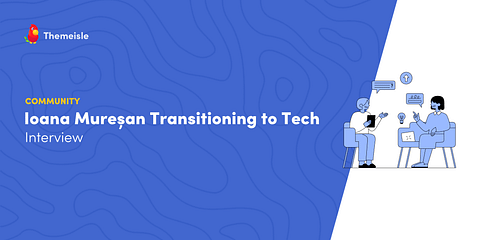
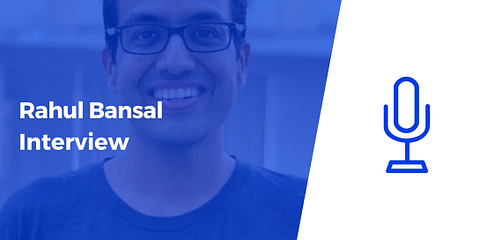
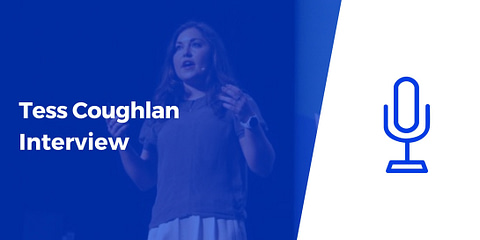
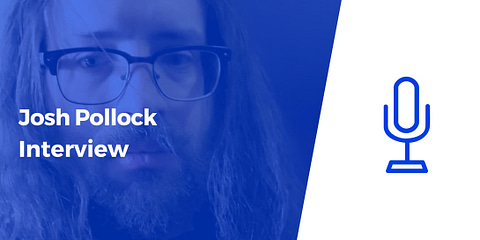
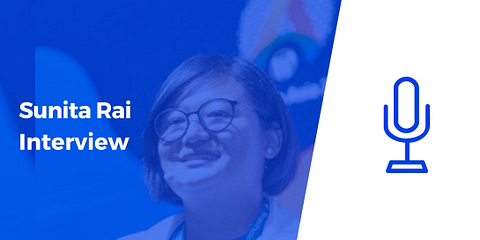
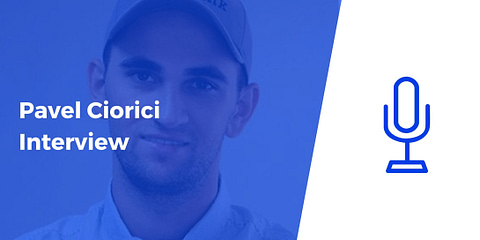
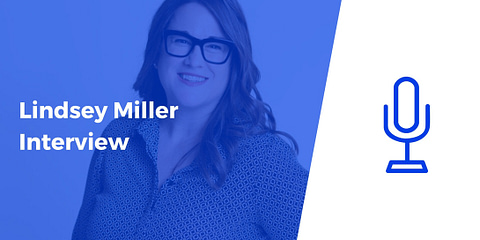
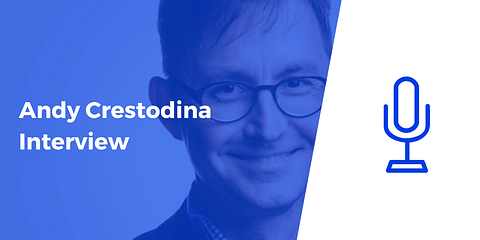
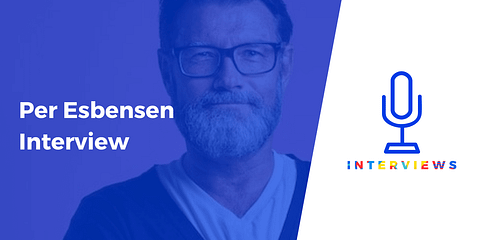
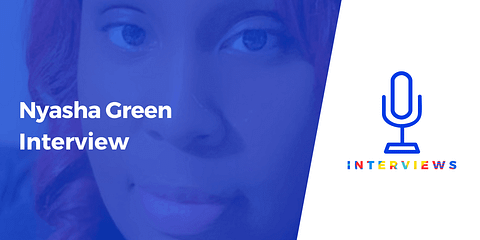
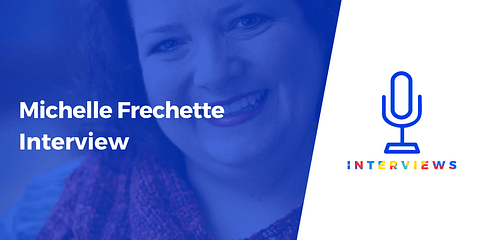
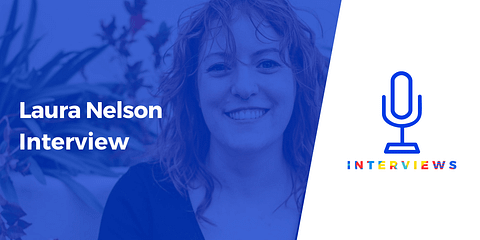
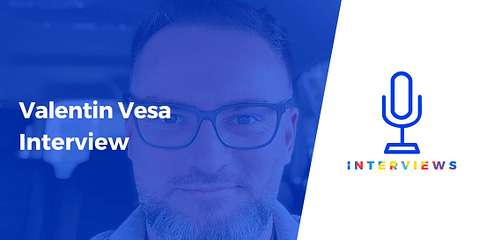
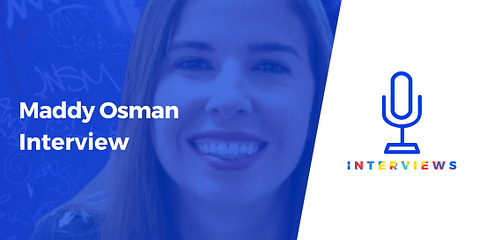
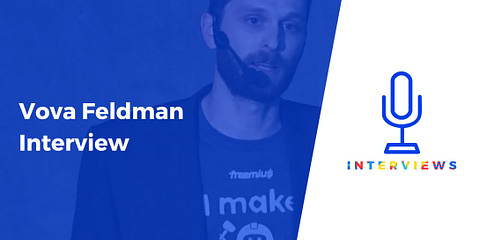
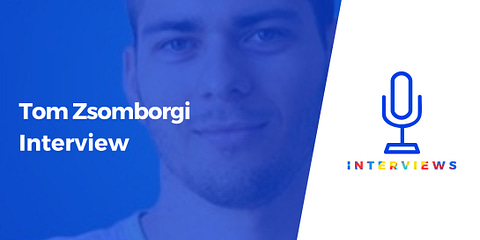
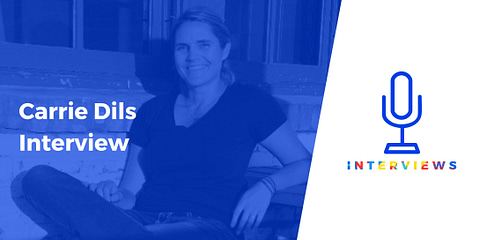
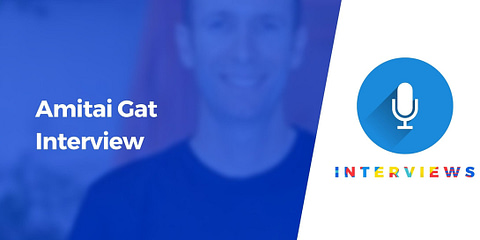
Or start the conversation in our Facebook group for WordPress professionals. Find answers, share tips, and get help from other WordPress experts. Join now (it’s free)!